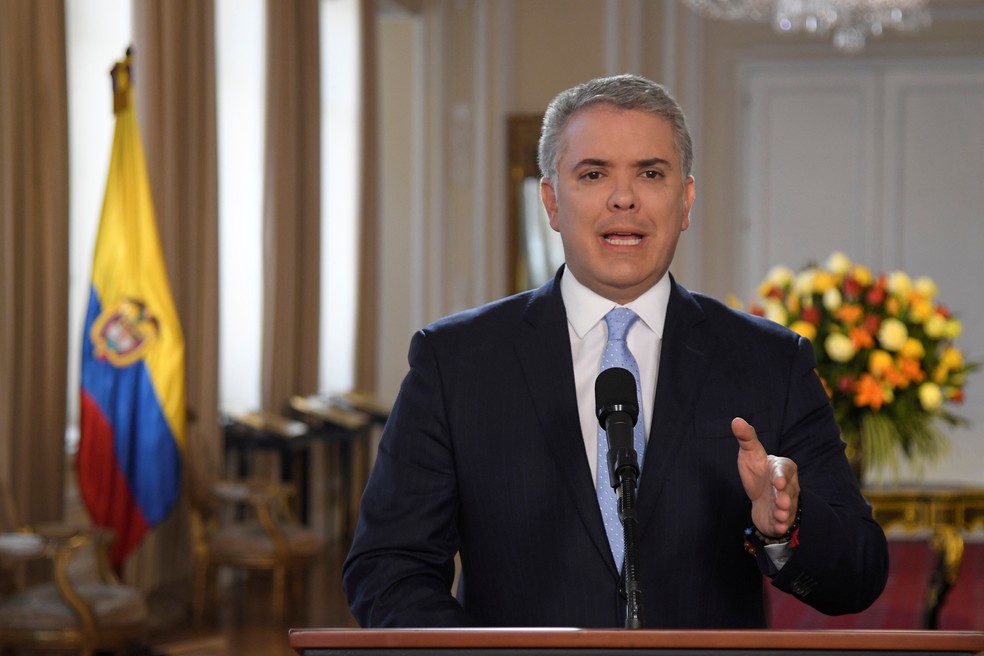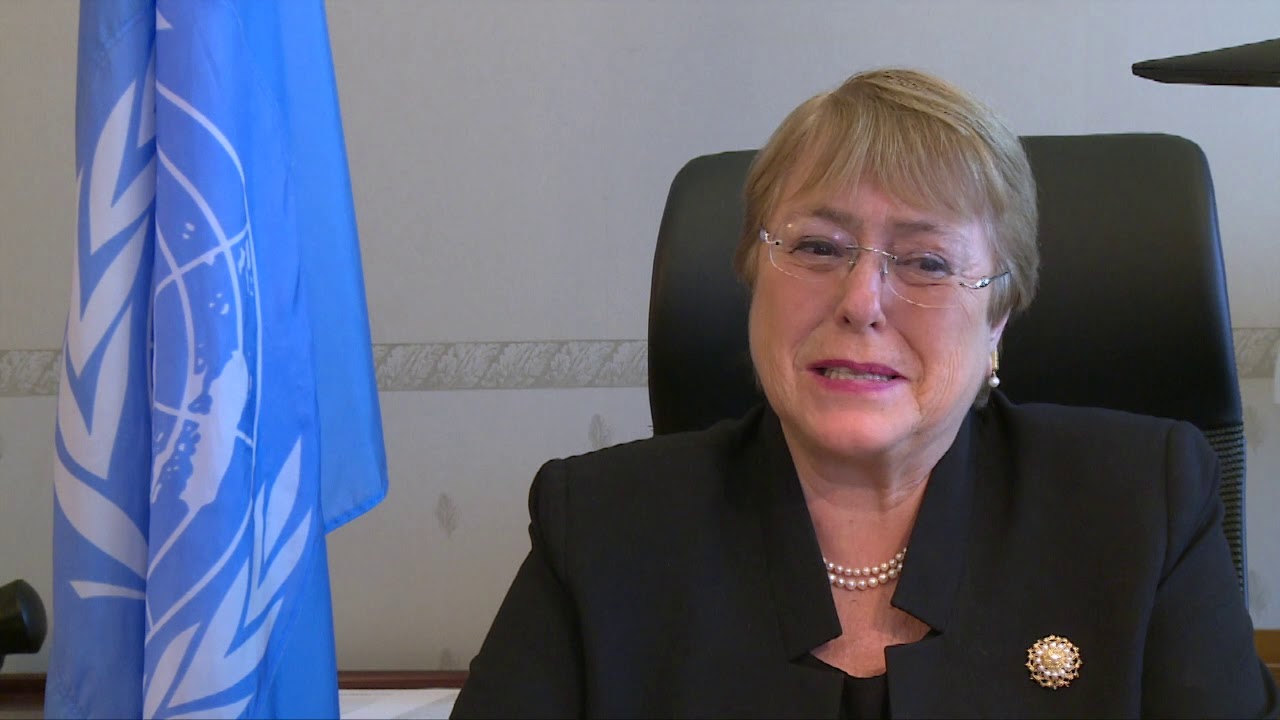RIO DE JANEIRO, BRAZIL – Last week’s report by the UN High Commissioner for Human Rights, Michelle Bachelet, on the critical issue of violence in Colombia sparked tension between the government of Iván Duque and the UN entity.

The most radical branch of the right-wing, grouped around former President Álvaro Uribe, called for the expulsion of officials from the high commissioner’s office and doubled the attacks on the United Nations.
As soon as the report was released, the president accused it of being “an invasion of Colombian sovereignty”. In a coordinated response, his minister of defense and the person in charge of the area of stabilization and legality criticized the report as “inaccurate” and “negligent” and accused it of “extrapolating the mandate signed by the Government with the High Commissioner for Human Rights”.
Members of Duque’s party joined the criticism. “The president should reexamine Colombia’s relationship with the UN and close the High Commission for Human Rights’ office, which has been converted into a petty political haven with a heated ideological slant. Here we have the Prosecutor’s Office, the People’s Ombudsman’s Office, and the Human Rights Council,” said Ernesto Macías, former president of the Senate. His request has been widespread on social media, where followers of former president Uribe promote the #ONUforadaColombia (#UNOoutofColombia) tag.
Ex-President Álvaro Uribe himself said the report is “unjust” and that “it encourages the action of the murderers without proposing it”.
The report traces a brutal overview of the human rights situation in 2019, in which the return of practices such as massacres -36, the highest figure since 2014- is evident, as well as the assassination of social leaders and the alleged involvement of members of the military in illegal actions such as torture. But it also recommends a transformation of the Anti-riot Mobile Squad (ESMAD), and that the supervision of this riot squad be transferred from the police to the Ministry of the Interior.
The latter was one of the points that most disturbed Duque. “This is up to the Colombian authorities within the framework of the Colombian institutional framework,” said the President, who on Sunday was trying to reduce the current tension. “We maintain a respectful relationship with the UN, and also geared to projects in Colombia,” he said.

But the controversy has spread to other areas. Over the weekend, UN rapporteur Michel Forst announced that the government banned him from entering the country to complete a report on human rights advocates, to be submitted on Wednesday in Geneva. “They wanted to delete my report altogether”, he denounced to the media.
Faced with his statements, the Presidential Adviser for Stabilization and Consolidation, Emilio Archila, said that there were “no vetoes or trampling”, and regarding the High Commissioner for Human Rights case he stressed that the document signed by Bachelet “featured data shortcomings” that “do not help to build peace”.
Although in previous governments there was also misunderstanding concerning the reports, the relationship with the United Nations system remained cordial. On the controversy, the UN Verification Mission in Colombia issued a statement reaffirming its cooperation with the country for six decades and its cooperative approach.
“Our reports offer constructive advice from different perspectives, aimed at contributing to sustainable development and peacebuilding in the country at all times”.
This is not the only open front in the dispute with UN bodies, only the most resonant. A few days ago, the government canceled a technical advisory agreement with the United Nations Office on Drugs and Crime (UNODC) aimed at replacing illicit crops, which, according to its former director, proves the government’s “contempt” for the decision of farmers to voluntarily engage in the eradication of coca plantations.
Source: El País

